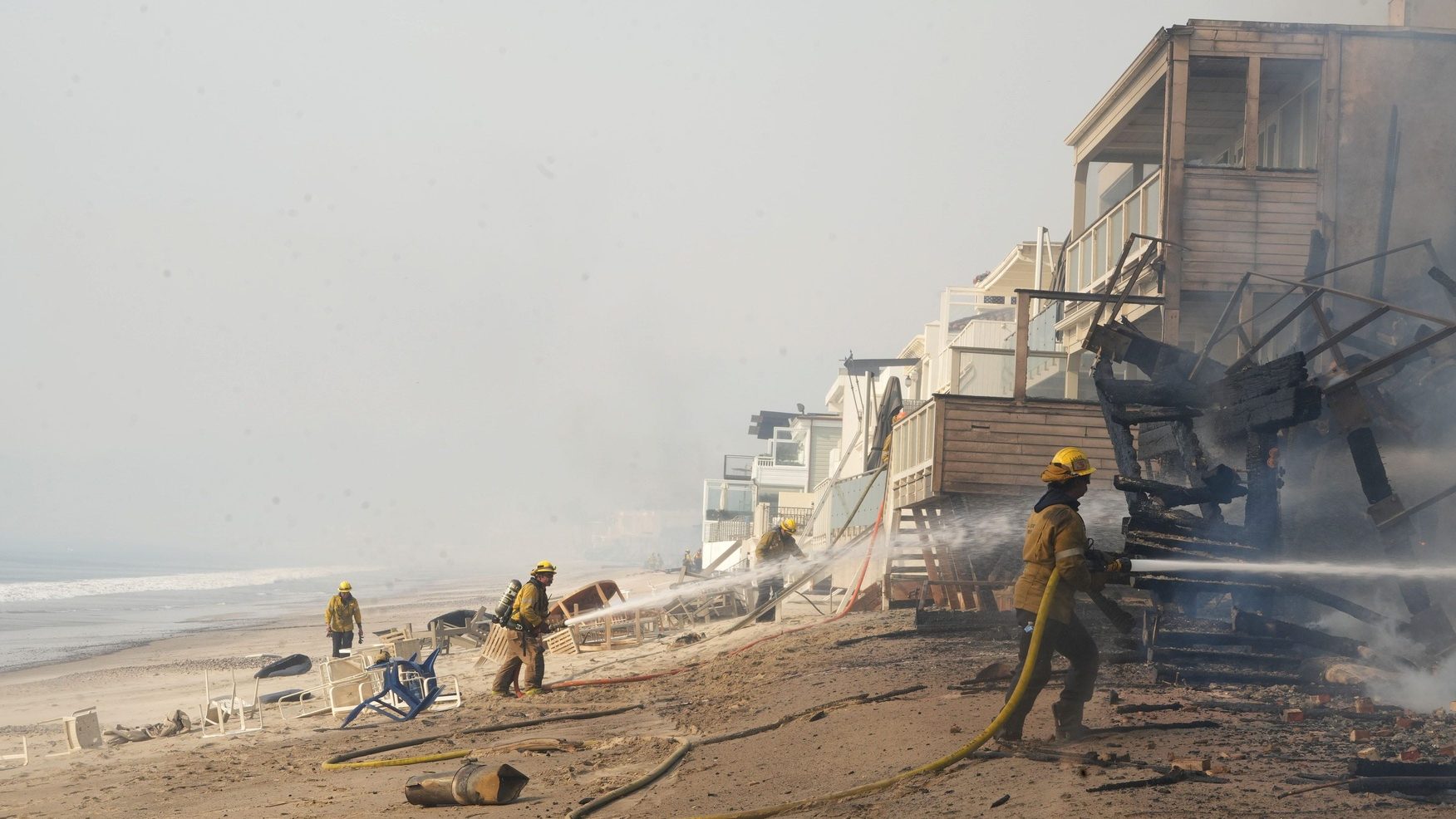Kwanzaa, the 7-day holiday that honors African American and Pan-African culture, begins Dec. 26 and ends Jan. 1.
For more than half a century, the holiday has brought together millions of people to celebrate family, community and culture through tradition, dance, music, food, stories, poetry, and more.
Kwanzaa was created by Dr. Maulana Karenga in 1966 to reaffirm and restore a sense of self for Black Americans in their African roots. Its creation coincided with the Black Liberation Movement of the 1960s that echoed a mission to “return to the source” and go “back to Black.”
“Kwanzaa insists on us facing our Africanness, appreciating it and raising it to the level of sacred observance,” Karenga said in the M.K. Asante-directed documentary, "The Black Candle: A Kwanzaa Celebration."
Get Tri-state area news delivered to your inbox. Sign up for NBC New York's News Headlines newsletter.
“We get our sense of self from how we insert ourselves in the world.”

How is Kwanzaa celebrated?
U.S. & World
The celebration centers around seven principles that are known in the African language of Swahili as Nguzo Saba. A candle is lit to commemorate one principle on each night of the holiday.
The candle holder, called the kinara, holds seven candles of three different colors – red, green and black.
The three red candles represent the struggles that Black communities endured in their fights toward attaining better futures. The three green candles symbolize the future, hope and promise. And the black candle, which is also called the unity candle, represents the people.

What are the 7 days (and principles) of Kwanzaa?
One core principle is celebrated on each day of the weeklong holiday. These are the seven principles of Nguzo Saba, as defined by the National Museum of African American History and Culture and Kwanzaa's founder.
Umoja (Unity) – to strive for and maintain unity in the family, community and race.
Kujichagulia (Self-determination) – to define, name, create, and speak for ourselves.
Ujima (Collective Work and Responsibility) – to build and maintain community and make community problems collective problems, and to solve them together.
Ujamaa (Cooperative Economics) – to build and maintain stores, shops and other businesses together, and collectively profit from them.
Kuumba (Creativity) – to always do as much as possible to leave communities more beautiful and beneficial as it was inherited.

Nia (Purpose) – to make collective vocation the building and developing of community to restore people to their traditional greatness.
Imani (Faith) – to believe with all one’s heart in their people and the righteousness and victory of the struggle.
Families and groups gather to commemorate each of these days with feasts, also called karamu, and other activities that evoke the spirit of community, before ending the 7-day holiday in reflection and recommitment to the seven principles.



